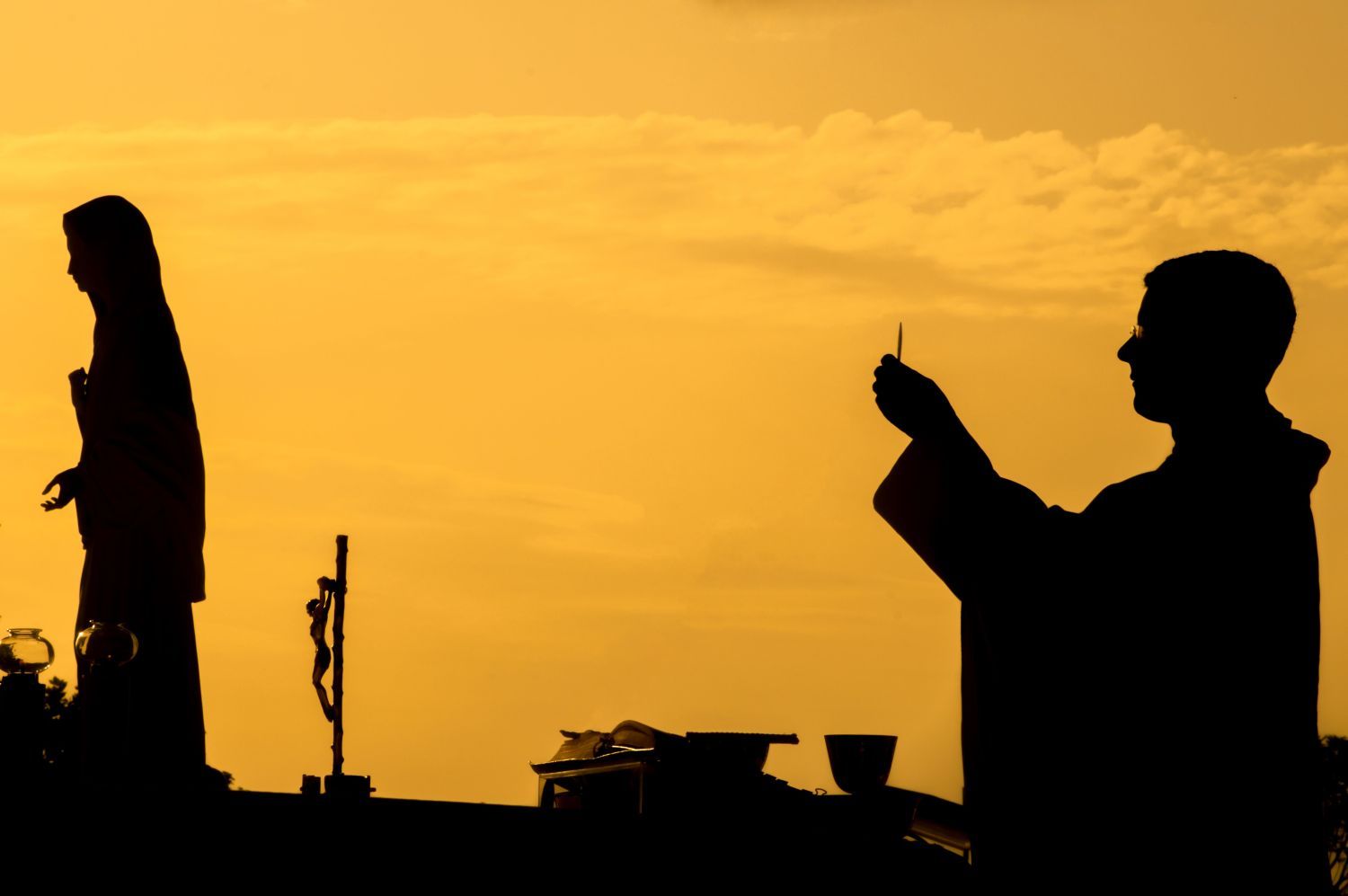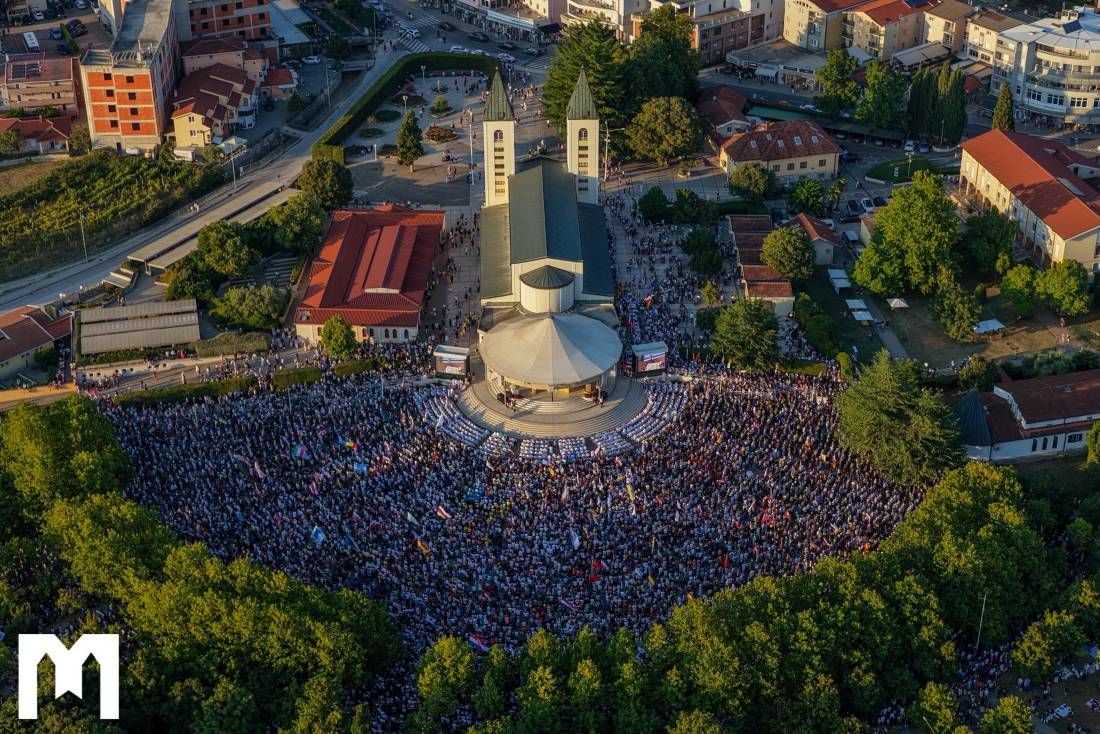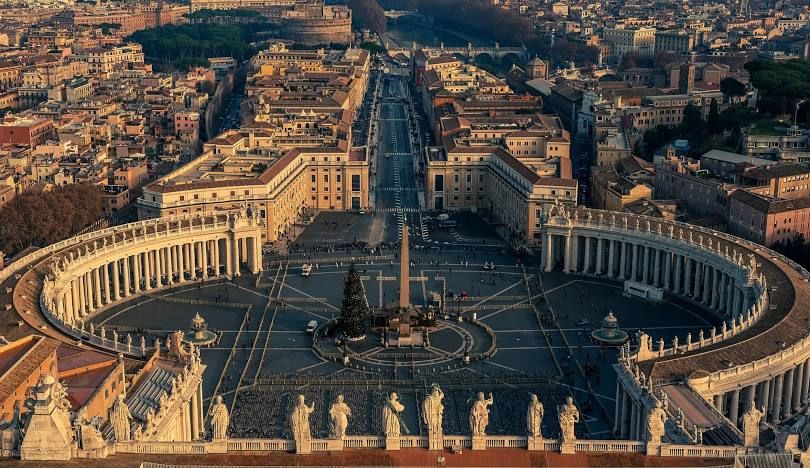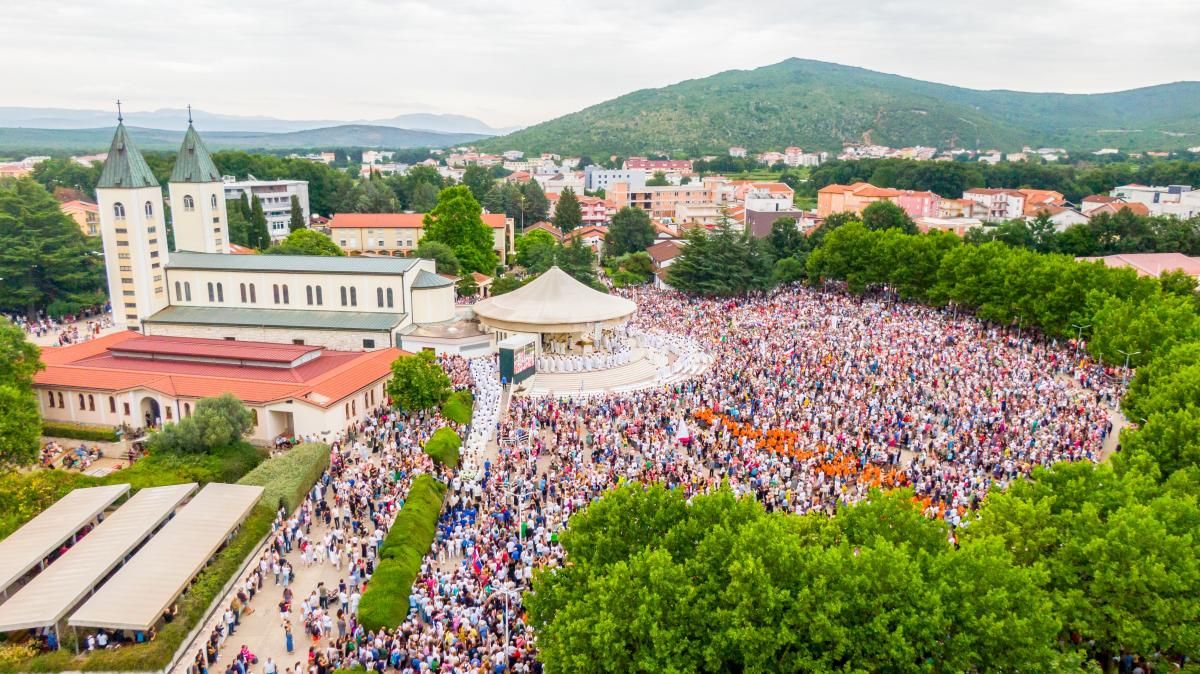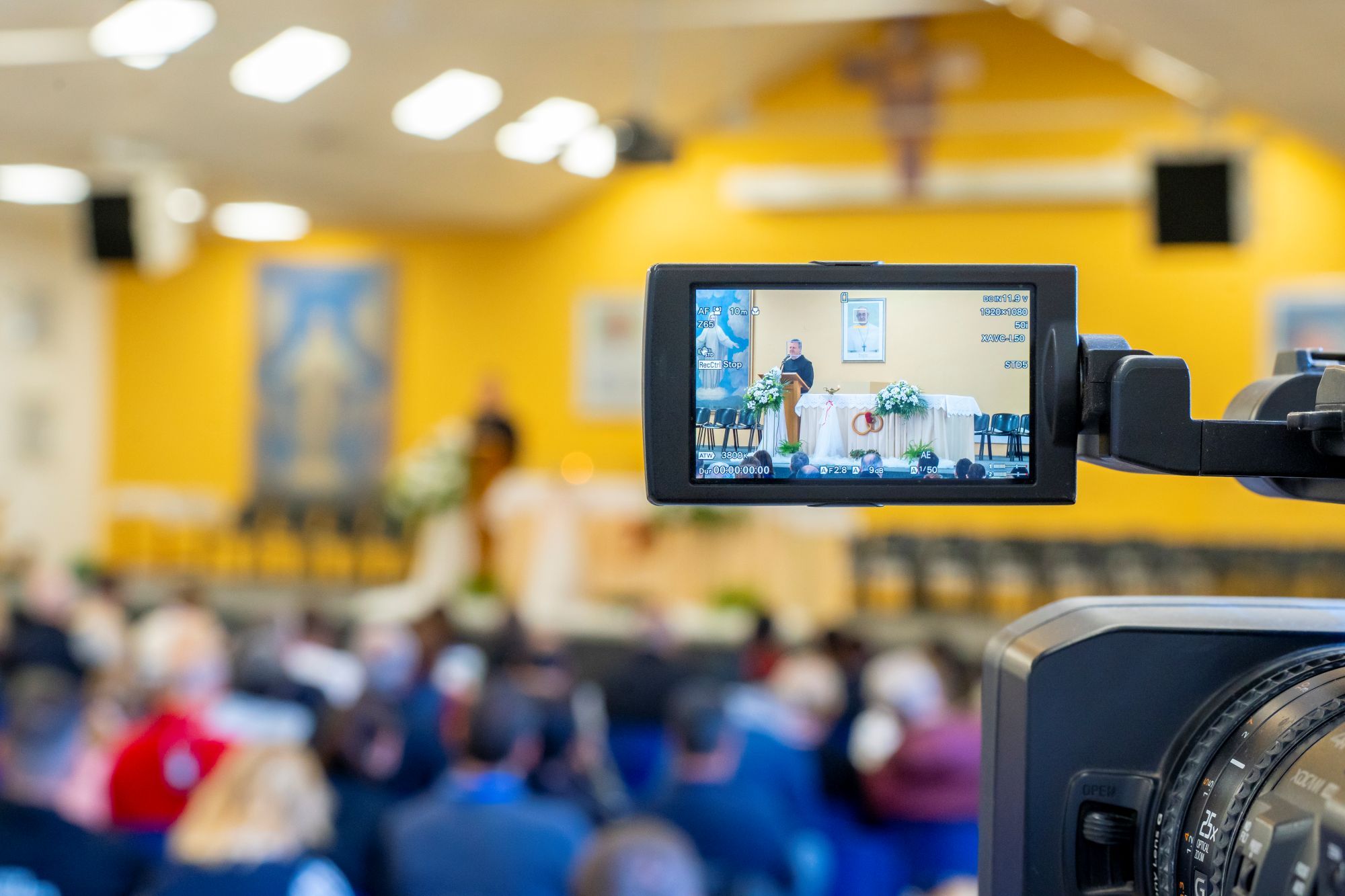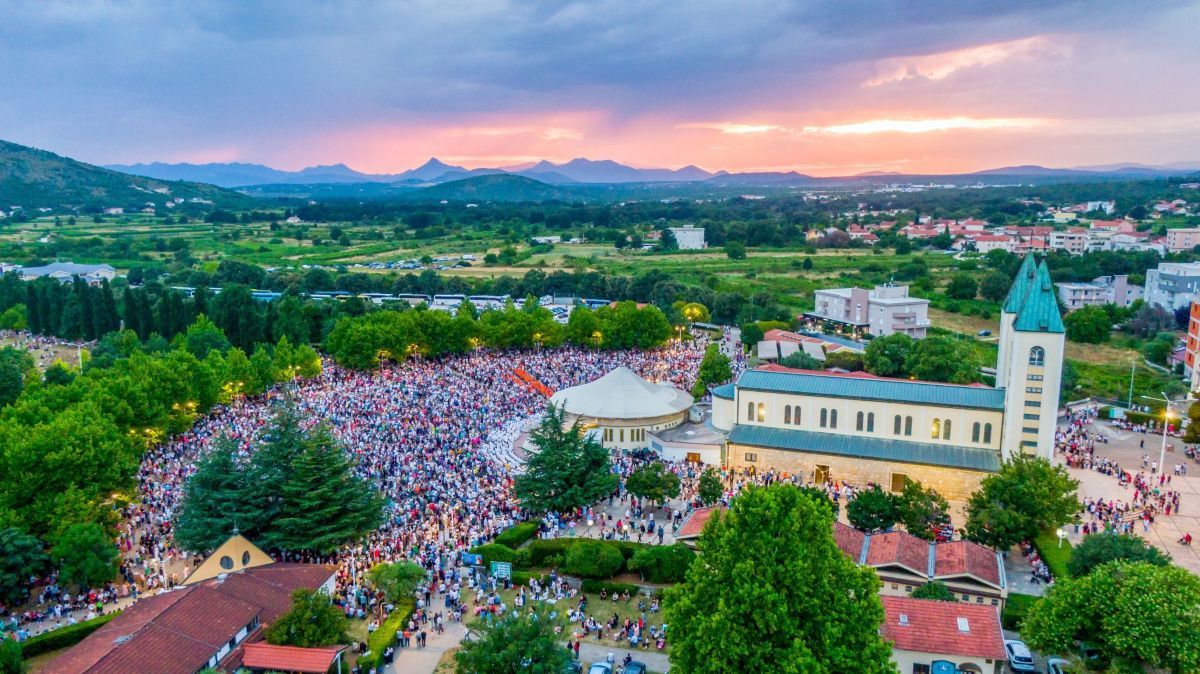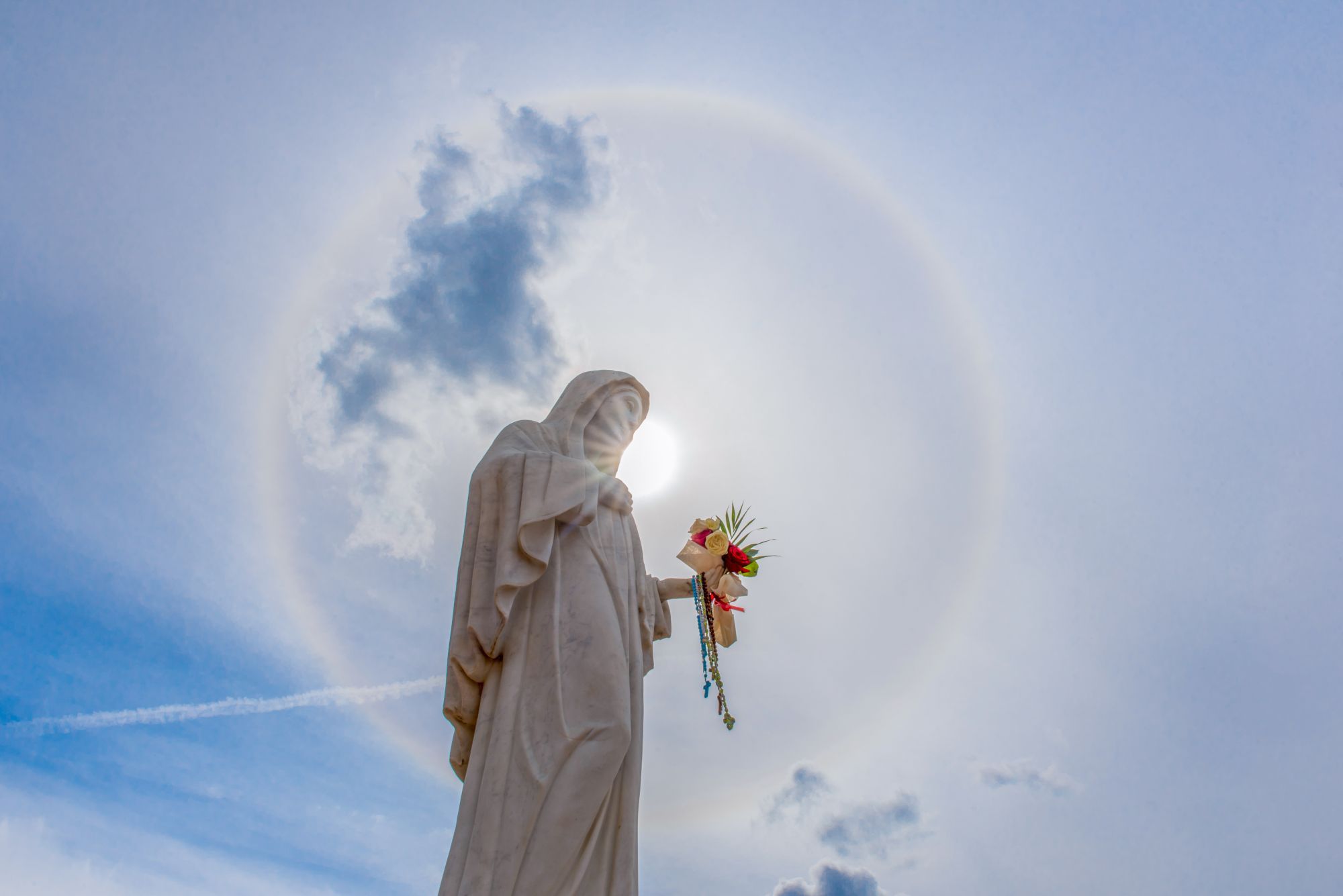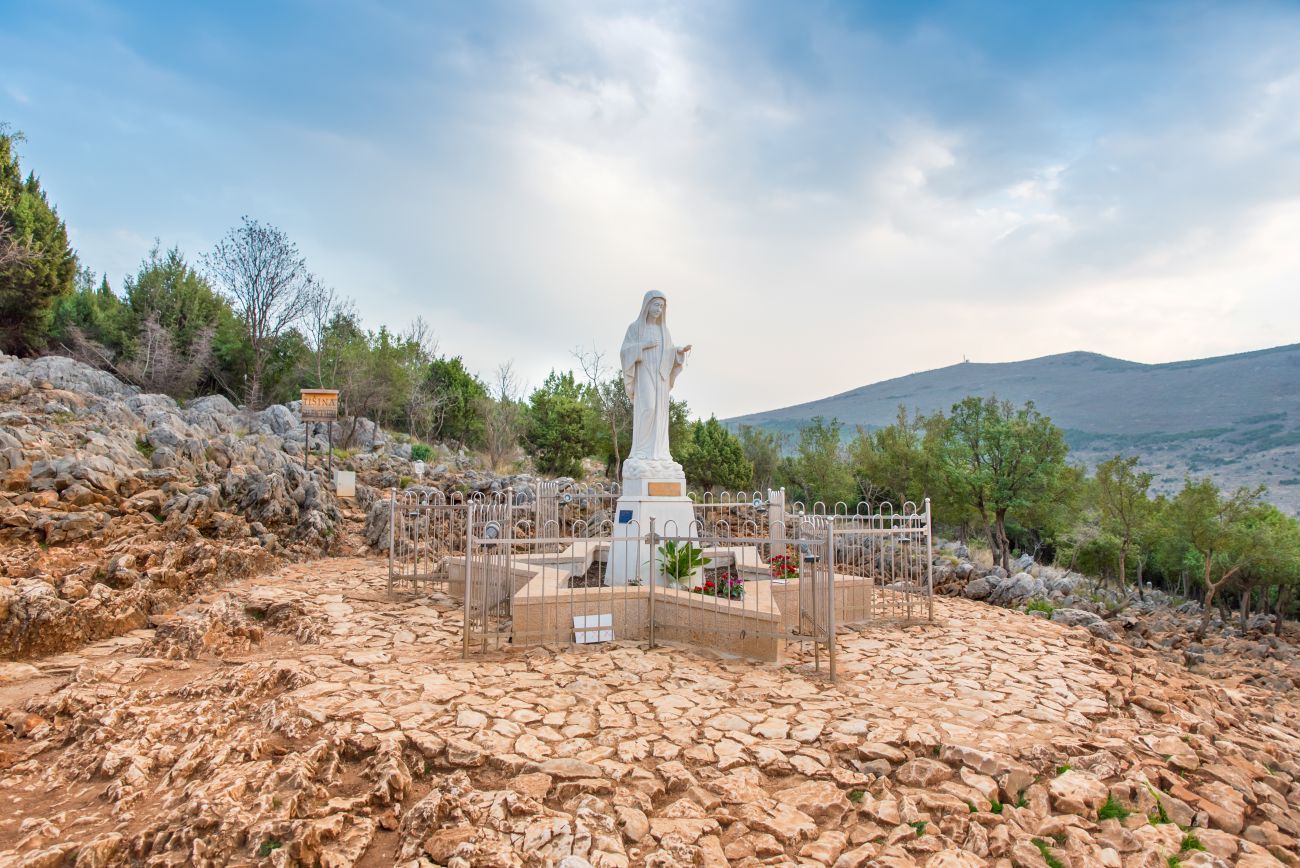
OUR LADY'S MESSAGE
November 25, 2025
“Dear children! In this time of grace, I am calling you to follow me. Pray for those who do not pray and do not want peace and joy, which only the Most High can give. May your souls be united in the joy of expectancy and your heart will be filled with peace. You will be convinced, little children, that all will be good and that God will bless all; because the good that you give will return to you, and joy will enfold your heart because you are with God and in God. Thank you for having responded to my call.”
(With ecclesiastical approval)

